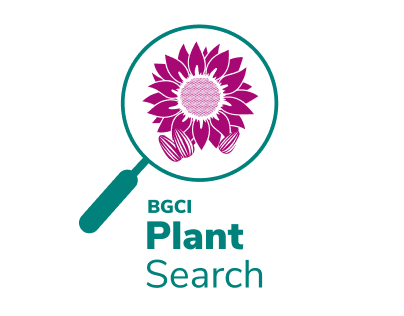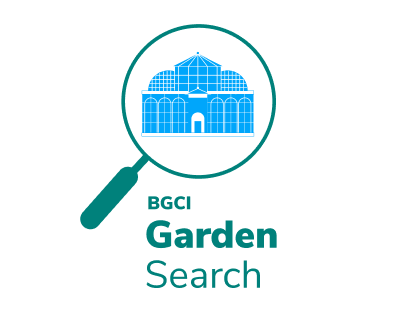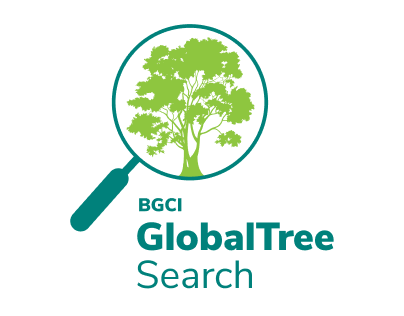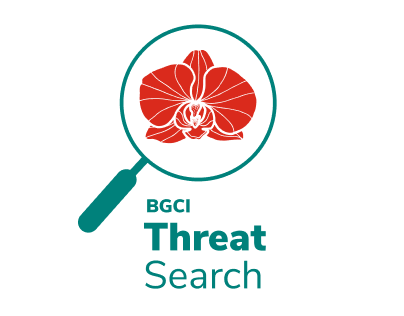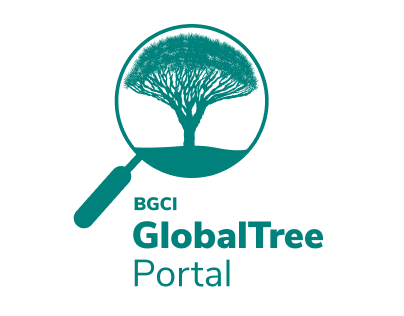Illegal Plant Trade Campaign
- The Global Strategy for Plant Conservation
- Access and Benefit-Sharing
- Convention on Biological Diversity
- Illegal Plant Trade Campaign
- Convention on International Trade in Endangered Species
- The Sustainable Development Goals
- International Agenda for Botanic Gardens
Combating the illegal trade of plants requires a multi-pronged effort from a wide range of strategic partners. Thus, BGCI has launched a new initiative that draws on the extensive international reach of botanic gardens worldwide and their networks, partners and visitor outreach capacity. This vision has been unanimously endorsed by BGCI’s International Advisory Council with strong recognition of both the need for this new collaboration and the unique potential for botanic gardens to lead this important work.
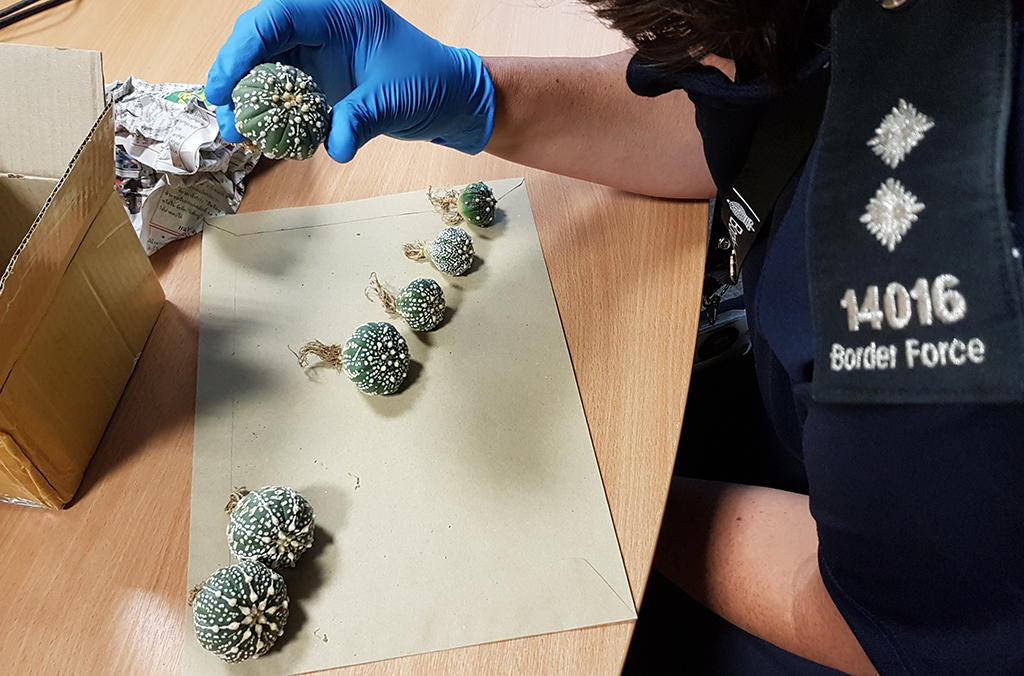
Share
Become a Member
Be part of the largest network of botanic gardens and plant conservation experts in the world by joining BGCI today!
Support BGCI
You can support our plant conservation efforts by sponsoring membership for small botanic gardens, contributing to the Global Botanic Garden Fund, and more!
